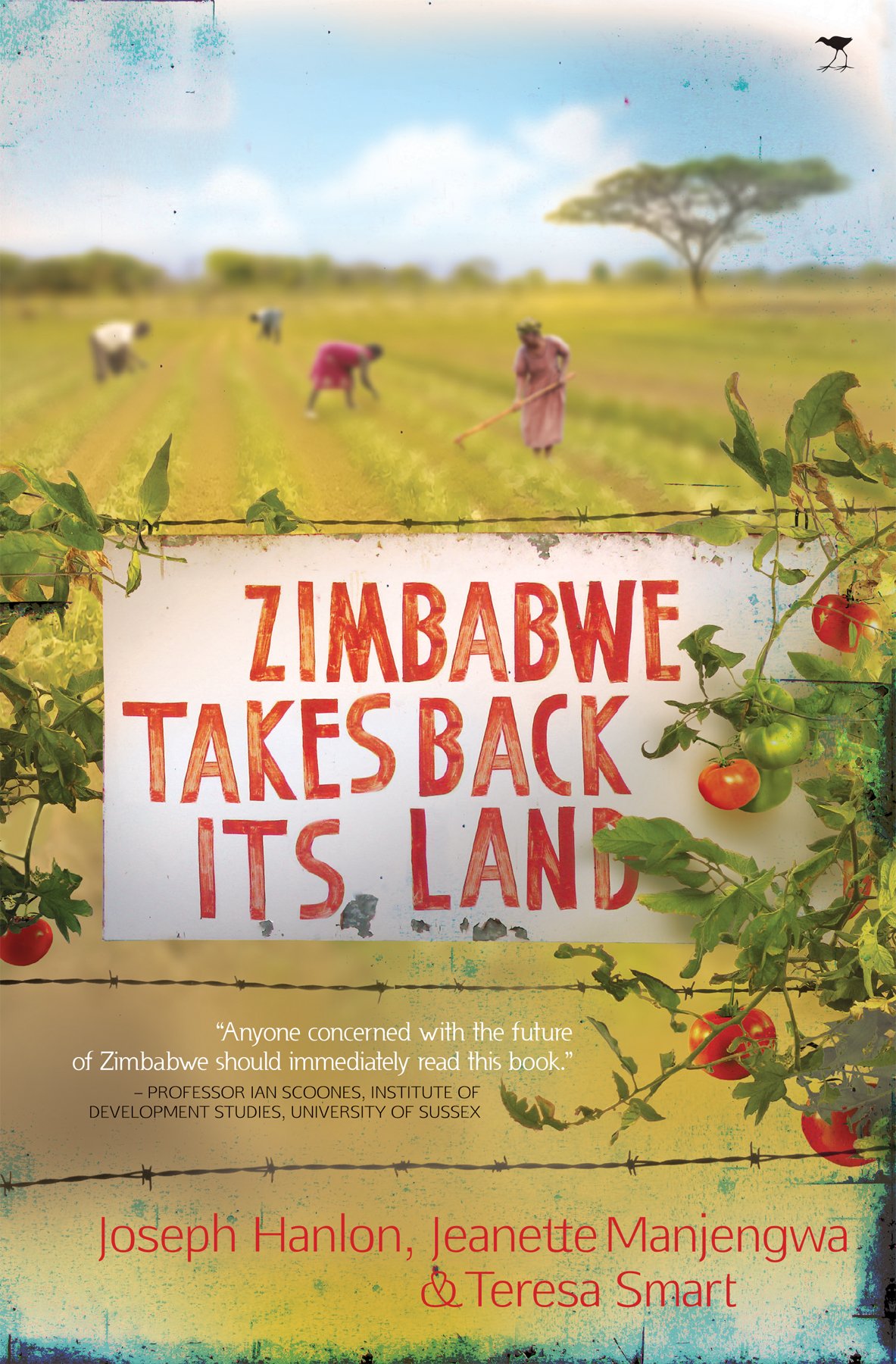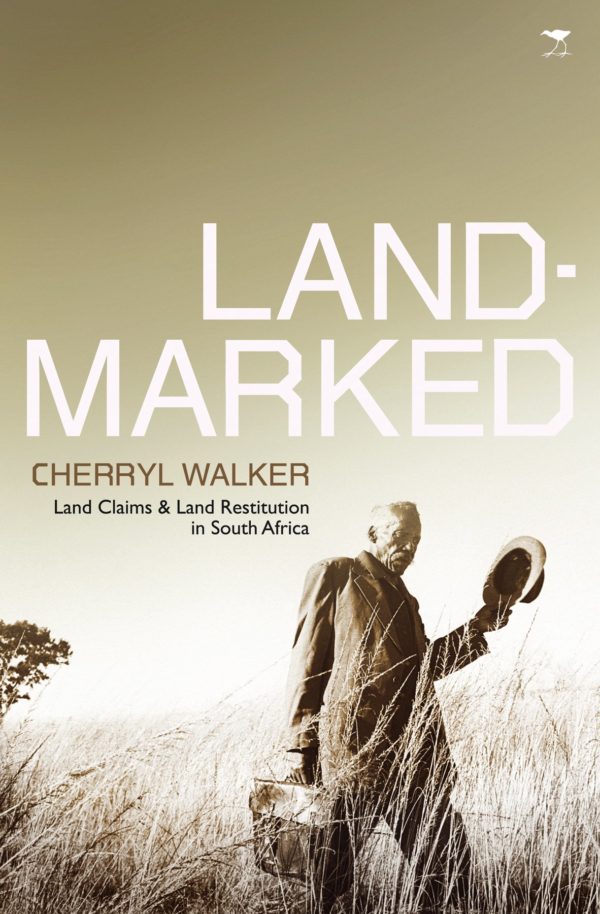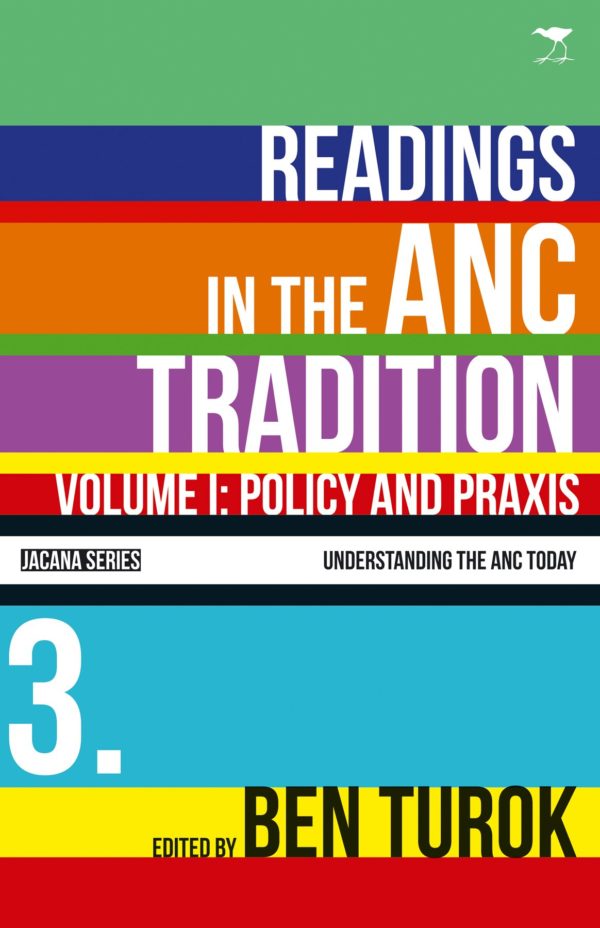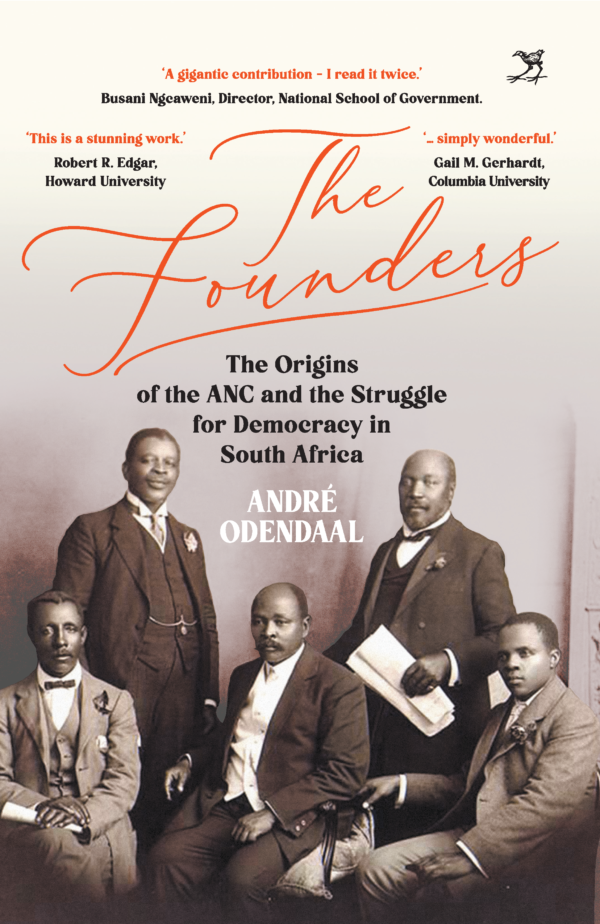- You cannot add "Thami Mnyele & Medu: Art ensemble retrospective" to the basket because the product is out of stock.
Zimbabwe Takes Back Its Land
R300.00
When 170 000 black farmers occupied 4 000 white farms in Zimbabwe in 2000, it caused world-wide shockwaves. A decade later, Zimbabwe Takes Back Its Land finds that the new farmers are doing relatively well, improving their lives and becoming increasingly productive, especially since the US dollar became the local currency. While not minimising the depredations of the Mugabe government, and accepting that many of President Mugabe’s supporters benefited from the ruler’s largesse, the book counters the dominant media narratives of oppression and economic stagnation in Zimbabwe. The book is based on a detailed study of what is actually happening on the ground, drawing on the authors’ own fieldwork and extensive other research. Hanlon, Manjengwa, and Smart show how, despite political violence and mind-boggling hyperinflation, ‘ordinary’ Zimbabweans took charge of their destinies in creative and unacknowledged ways. This raises important questions for the upcoming elections, and also presents new issues for the international community, because United States and European Union sanctions are not just against a corrupt and dictatorial elite, but also against 170 000 ordinary farmers who now use more of the land than the white farmers they displaced and are already producing nearly as much as those white farmers. With stories and pictures, real farmers tell of their own experiences of setting up the farms and building up production. Fanuel Mutandiro tells how he built up his farm and the 70 trips to Mbare Market in Harare with a tractor and trailer full of tomatoes before he could afford a truck. Esther Makwara shows off her maize field with 8 tonnes per hectare – better than nearly all white farmers. And Mrs Chibanda shows off with pride her new tobacco barn where she cures the tobacco from her 1.5 hectare. But these stories are backed up by data – from the authors’ own fieldwork and extensive other research.
18 in stock
| Weight | 0500 kg |
|---|---|
| Dimensions | 235 × 155 × 30 mm |
| Author | |
| Author Information |
Joseph Hanlon is visiting senior research fellow at the Open University, Milton Keynes, England; visiting senior fellow at the London School of Economics; and honorary research fellow at the University of Manchester. Helen Majengwa is the deputy director of the Institute of Environmental Studies, University of Zimbabwe. Teresa Smart is visiting research associate at the Institute of Education, University of London. |
| ISBN |
9781431405404 |
| Year of Publication | |
| Month of Publication | |
| Language | |
| Imprint | |
| Format |
Deliveries Within South Africa
Free shipping for all orders over R600.
R80.00 flat rate for all orders less than R600.
International Shipping
If you want your order shipped anywhere outside of South Africa, please email websiteorders@jacana.co.za with the list of titles and physical delivery address and contact number. Our team will be in touch to advise on the cost and when you could expect to receive it.
If you are ordering from a country outside of South Africa, please complete your purchase as directed. You will then be contacted by one of our admin team to arrange shipping and delivery to wherever needed.
December Holiday Season
Our last, full (24hr) trading day is 22 December 2020 and we’ll be back to work 6 January 2021. Any orders placed between 18 December 2020 and 5 January 2021 will only be despatched from the warehouse on our return.













